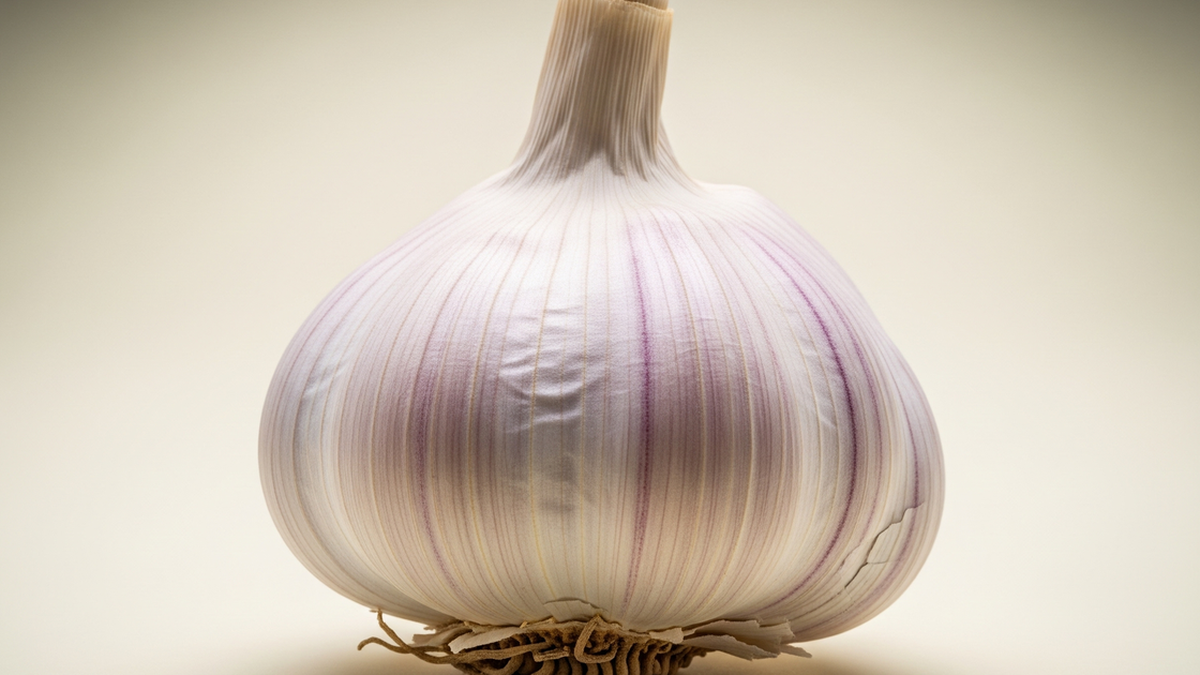Mango is the "king of fruits" that helps create a protective barrier for the body against the risk of many diseases, but many people are afraid of this fruit.
People with kidney disease - Kidney failure, mango causes overload
In Oriental medicine, the kidney is the root of life, responsible for storing essence and regulating fluid. When the kidney is weak (kidney yin deficiency or kidney yang deficiency), the body has difficulty processing energy-rich foods like mango. Mango contains sugar, protein and amino acids, requiring the kidney to work hard to filter and eliminate waste. People with nephritis, kidney failure, nocturia, frequent urination, and back and knee pain, if they eat a lot of mango, can easily overload the kidney, making the disease worse.
Diabetics - Mangoes increase blood sugar
Diabetes, or “diabetes” in Oriental medicine, is related to the loss of yin, causing the body to be thirsty, eat a lot, and urinate a lot. Mangoes have a strong sweet taste and contain a high amount of natural sugar (about 14g of sugar/100g of mango). Mangoes can increase blood sugar, damage spleen qi, produce phlegm in the lungs, and aggravate yin deficiency. People with diabetes should limit or avoid eating mangoes to control blood sugar.
 |
People with acne, allergies - Mangoes cause low heat
People who often suffer from acne, rashes, or mouth ulcers often have a hot body, with accumulated damp heat. According to Oriental medicine, mangoes belong to the group of foods that generate damp heat, increasing moisture and fire in the body. Furthermore, the urushiol in mango peel can irritate the skin, leading to rashes, itching, or worsening acne. People with this condition should limit eating mangoes to avoid triggering symptoms.
People with diarrhea, cold stomach - Mango damages the spleen and stomach
Diarrhea is a sign of spleen deficiency and dampness, making it difficult for the body to absorb food and water. Mangoes contain a lot of water and fiber, which is good for digestion in healthy people, but puts pressure on the spleen and stomach in weak people. Eating mangoes when having diarrhea or a cold stomach can cause stagnation of qi, increase dampness, and make loose stools and bloating worse. These people should avoid mangoes to protect their digestive system.
People with allergies - Mangoes can easily cause strong reactions
Oriental medicine believes that allergies originate from a deficiency of vital energy, allowing wind or heat to easily invade. Mangoes, especially green mangoes, contain irritants such as urushiol, which can cause mouth itching, rashes, or mild fever in people with weak lung energy, weak spleen, and yin deficiency. These people are prone to allergic reactions when eating mangoes, especially if their bodies do not digest them well.
Obese people - Mango causes spleen stagnation and fat accumulation
According to Oriental medicine, obesity is related to weak spleen, phlegm accumulation, causing metabolic disorders. Although mangoes contain fiber, they contain a lot of sugar and calories (about 60 kcal/100g). Eating a lot of mangoes can cause dampness, stagnation of spleen, indigestion, bloating and fat accumulation. Obese people should limit mangoes, prioritize foods that strengthen the spleen and eliminate dampness to support weight loss.
People in the above 6 groups should be careful when eating mangoes, it is best to eat less or avoid completely to protect the body. If you are not sure whether you should eat mangoes or not, consult your doctor or traditional medicine practitioner for appropriate advice.
Source: https://baoquocte.vn/ai-khong-nen-an-qua-xoai-320780.html





































































































Comment (0)